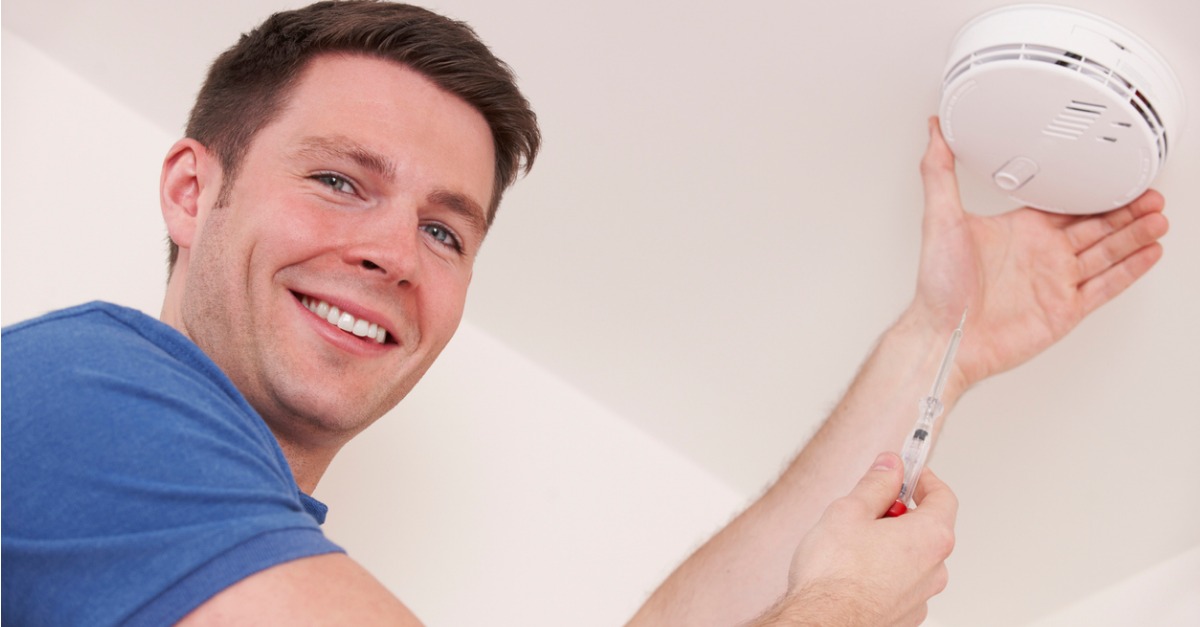
Fire Safety Tips for Your Home
Every year in the U.S., fire kills over 3,000 people, injures thousands more and causes billions of dollars of damage. House fires are a major contributor to those horrific statistics, which is why it’s important to make fire safety a priority in your home. Here are some tips from the U.S. Fire Administration to help keep you and your family safe:
Fire Alarms
You may have less than three minutes to escape a home fire, so every second counts. For early fire detection, install smoke alarms on every level of your home and inside and outside all sleeping areas. Test your alarms monthly to ensure they work and don’t need new batteries, and replace alarms that are at least 10 years old.
Kitchen
According to the U.S. Fire Administration, cooking is the No. 1 cause of home fires. To prevent a cooking fire, stay in the kitchen when you’re frying, grilling, broiling or boiling food. If you leave the kitchen, turn the burner off. Keep things that can burn away from your cooking area, and turn pot handles toward the back of the stove so they won’t get bumped.
Heating
Heating is the second-leading cause of home fires. Keep anything that can burn at least three feet away from fireplaces, wood stoves, portable heaters and radiators. When you leave a room or go to bed, turn heaters off or unplug them. Have your furnace, chimney and chimney connector inspected by a professional every winter, and make repairs before cool weather sets in.
Electronics
To prevent an electrical fire, plug only one heat-producing appliance, such as a microwave, coffee maker or portable heater, into an electrical outlet. If you have an electrical cord that is frayed or broken, throw it out. Use extension cords as a temporary power supply only.
Candles
Any open flame is dangerous, so if you use candles in your home, put them in sturdy holders. Place candles at least 12 inches away from anything that can burn, and make sure pets and children can’t reach them. Blow out all candles if you leave the room, get sleepy or go to bed.
Cigarettes
If you smoke at home, you’re at higher risk for a fire. Use deep, sturdy ashtrays, and make sure to put cigarettes all the way out. Smoke only when you’re alert—never in bed or if you’re drowsy.
Escape Plan
As mentioned, time is precious when it comes to a fire, so establish an escape plan with your family about what to do if there is one. Make sure everyone knows two ways out of each room, and agree on a distant place outside your home where you can all meet safely, such as a sidewalk across the street. To ensure family members remember the plan, practice it together at least twice a year.
If you keep these simple tips in mind, your home is bound to be much safer from fire.